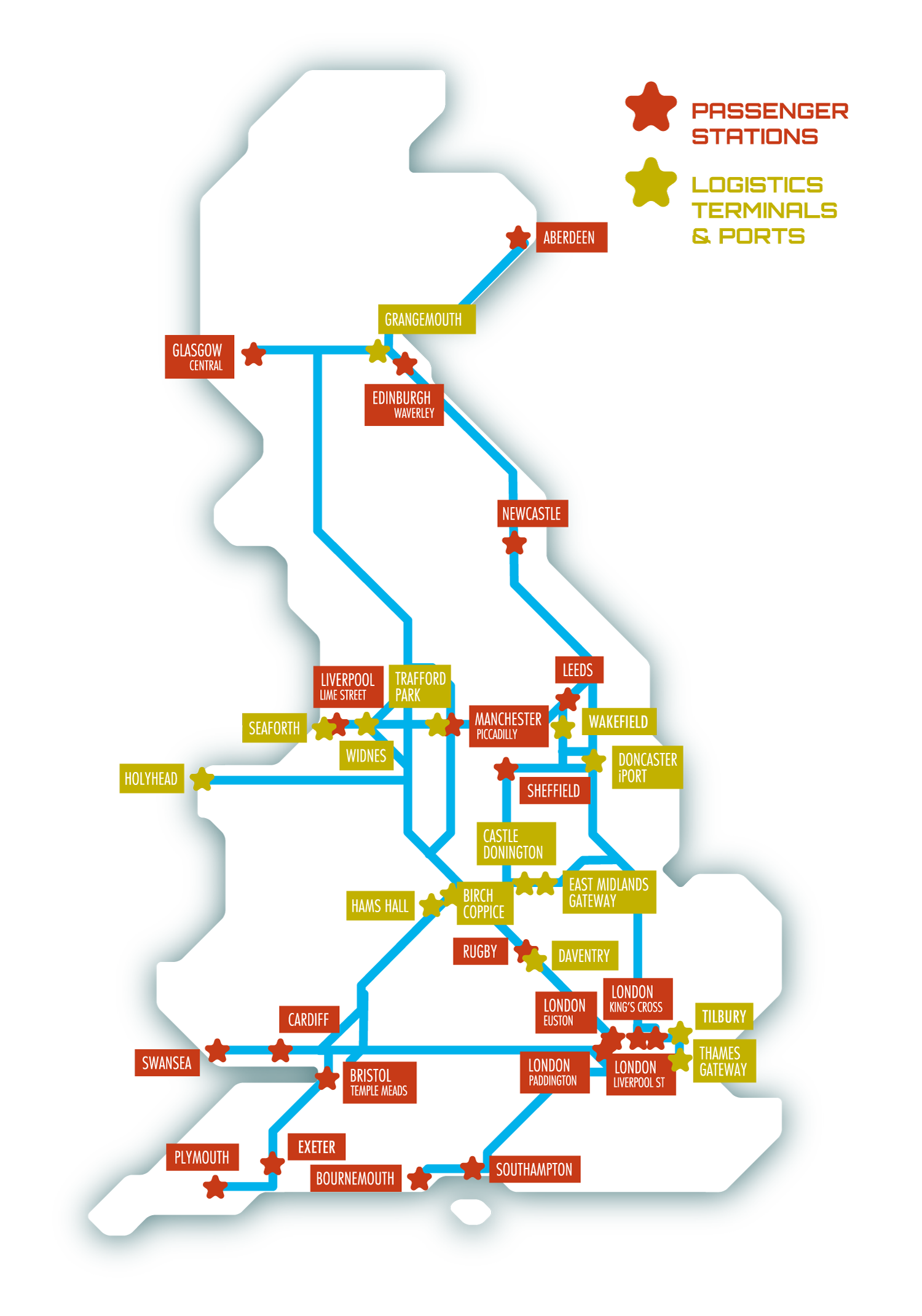Oxfordblues
Member
- Joined
- 22 Dec 2013
- Messages
- 661
Are we witnessing the end of the "golden age" of road haulage?
For decades rail-freight traffic was lost to road haulage, which proved to be cheaper, more flexible and less hidebound by restrictive practices. The nationalised railway had little of the enterprise of privately-owned lorry operators and rail traffic haemorrhaged. The government encouraged this trend by building new motorways and failing to charge tolls for using them. Road haulage boomed as one after another rail customers switched, replacing ancient 12-ton rail vans with modern juggernauts. EU membership brought thousands of Romanian truck drivers who at home could earn as little as £2.30 per hour.
Now in 2021 most of the Romanians have gone home and there is a severe shortage of drivers. The Road Haulage Association currently claim a shortfall of 100,000. This is the same RHA that used to champion road as being "more efficient" than rail - even though one train driver can replace 50 lorry drivers!
And now there is the emissions issue. Transport accounts for 30% of the UK's carbon dioxide pollution, yet there is no viable electrically-propelled HGV. Yesterday Secretary of State Grant Schapps suggested that Amazon should switch trunk hauls to rail, even threatening to phase-out HGVs which are not zero-carbon by 2050.
All this presents huge opportunities for rail freight, especially in the intermodal sector. For example: if you have a box at a port and want to send it by road to an inland warehouse, can you afford to wait a few days for a driver or pay a bit more and load it on a train? And will it be acceptable to your environmentally-aware customers that you've used a seriously-polluting truck to save a bit of money?
Your thoughts please!
For decades rail-freight traffic was lost to road haulage, which proved to be cheaper, more flexible and less hidebound by restrictive practices. The nationalised railway had little of the enterprise of privately-owned lorry operators and rail traffic haemorrhaged. The government encouraged this trend by building new motorways and failing to charge tolls for using them. Road haulage boomed as one after another rail customers switched, replacing ancient 12-ton rail vans with modern juggernauts. EU membership brought thousands of Romanian truck drivers who at home could earn as little as £2.30 per hour.
Now in 2021 most of the Romanians have gone home and there is a severe shortage of drivers. The Road Haulage Association currently claim a shortfall of 100,000. This is the same RHA that used to champion road as being "more efficient" than rail - even though one train driver can replace 50 lorry drivers!
And now there is the emissions issue. Transport accounts for 30% of the UK's carbon dioxide pollution, yet there is no viable electrically-propelled HGV. Yesterday Secretary of State Grant Schapps suggested that Amazon should switch trunk hauls to rail, even threatening to phase-out HGVs which are not zero-carbon by 2050.
All this presents huge opportunities for rail freight, especially in the intermodal sector. For example: if you have a box at a port and want to send it by road to an inland warehouse, can you afford to wait a few days for a driver or pay a bit more and load it on a train? And will it be acceptable to your environmentally-aware customers that you've used a seriously-polluting truck to save a bit of money?
Your thoughts please!

